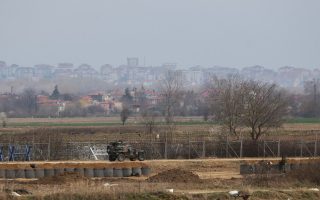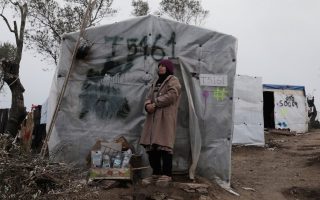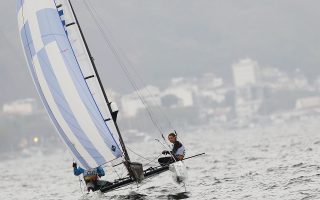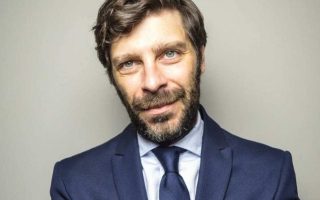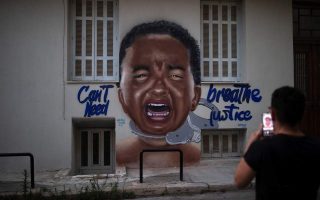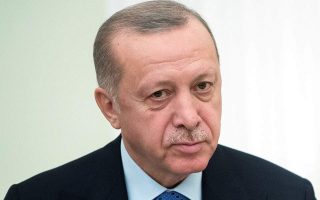Build hope, not walls
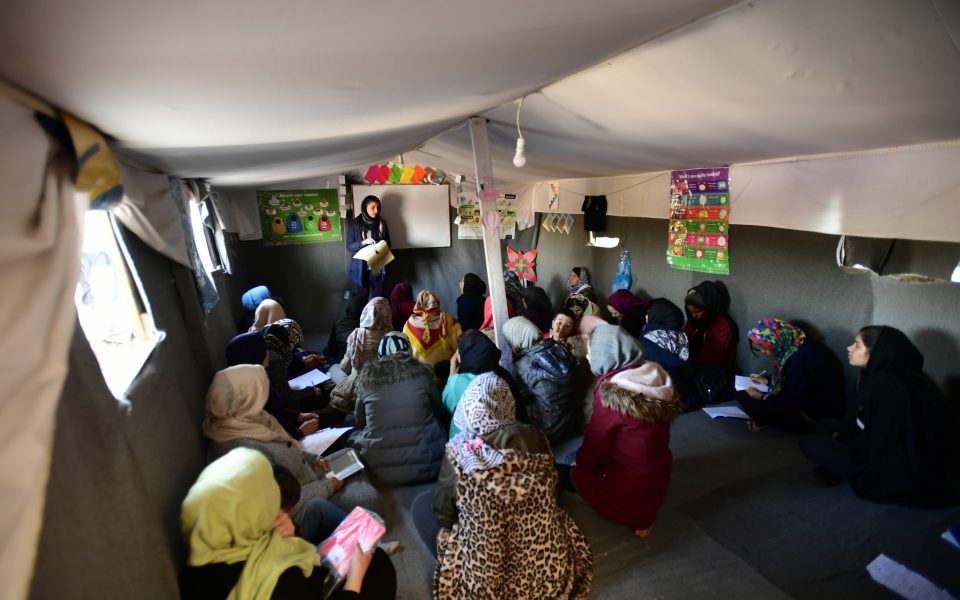
On this International Women’s Day, I am sitting in lockdown, still in touch with the women I met last year at the Moria refugee camp on the eastern Aegean island of Lesvos after working with them over a two-week period in Mytilene on an empowerment workshop run by The Azadi Project.
The people I met at Moria have since been displaced. Many have been moved to Athens, some have been able to go as far as Zagreb, Brussels, Berlin and Paris. Most have been displaced from the original Moria compound to “Moria 2.0” at Kara Tepe – a loose collection of tents and tarps with no heat, running water, electricity or toilets. Still, people persist and many still hold tight to some semblance of dignity.
Last week, a family finally bound for Germany was stopped and turned back due to the woman’s late-term pregnancy. She came back to her tent in Kara Tepe and set herself on fire. She survived, the tent did not. The fire was deemed arson, and she was criminally charged. This is a tragedy of layers upon layers of misfortune. We see the tip of the iceberg peaking out in the form of an isolated fire in a tent. The reality is, the trauma and mental anguish of prolonged refuge take their toll on the human spirit, and the layers of abuse and injustice along the way leave an inescapable imprint.
The effects of trauma on refugees are long-lasting, both physically and mentally, and are often immeasurable. Many refugees have witnessed crushing violence, the loss of family members and an abandonment of the vestiges of their identity. Through refuge, they incrementally lose a rooted sense of identity to a land to call their own and internalize that trauma in ways that can include acute anxiety, removal from sensing, sleeplessness and at times even seizures or muteness. Add to that the fact that the threat of physical violence always looms large over women even as they continue to suffer poor health and hygiene conditions that mimic the conflict areas they’ve escaped.
Refugees are people who felt compelled to leave their home countries to escape dire circumstances of war, conflict, prolonged physical and emotional distress or human rights abuses that have a lasting emotional impact, even after flight. They take refuge in host countries that often see them as a burden and an intrusion, limiting their movement and robbing them of autonomy. The net result leaves most observers alarmed about the mental health of millions of people who remain stateless around the globe, and whose destiny will ultimately impact the shape of humanity.
In this context, women are among the most vulnerable populations in flight, and more adversely affected by the circumstances. According to the UNHCR, women and girls make up 50% of any refugee population. Those who are unaccompanied, pregnant, heads of household, disabled or elderly are especially vulnerable. In addition to their own physical peril, they may have witnessed the death of family members along the journey or experienced isolation and humiliation that are hard to escape. Particularly for women from traditional societies where humility is an uncompromised trait, these experiences are unyieldingly painful and traumatic.
Given the circumstances, a woman in refuge is constantly looking for ways to meet her basic needs while learning to adapt. Managing and coping with the constant introduction of stressors drains her inner resources, leaving her in a perpetual state of fighting for survival. When the conditions for survival are met, she experiences a surge of energy and hope, when resources are depleted – as they often are in rudimentary camps – there is a quick onset of hopelessness. The enormity of the challenges faced daily and the exhaustion of endurance presents a relentless strain on women’s mental health which leads to depression and emotional removal from the present, over time. The prolonged refugee process increases the risk of long-term mental health disorders for her children as well.
Today, I want us all to recognize that this trauma is playing out in Greece, as a gateway to Europe, in the millions.
Organizations like Stand by Me Lesvos, which helps empower people in camps with valuable skills, the Starfish Foundation, which offers a respite of safety and enrichment in Mytilene, Lighthouse Relief, formerly along the Skala coast and now at Ritzona, as well as One Happy Family, which burned to the ground during protests last year but has rebuilt to offer enrichment resources to refugees near Moria, are struggling to stay afloat. They’ve endured the lockdown and chaos of the coronavirus pandemic and continued to offer support to refugees who desperately look for things to do to keep them sane. The Azadi Project, with which I came to Lesvos, has shifted to focus on mental health and is planning a series of workshops on the ground to help women – much like the one who self-immolated – at Kara Tepe and beyond to process their grief, come to terms with their trauma and believe again in the journey.
This is Europe. We can welcome people and bring them into our economies to help strengthen our collective future. Refugees are looking for a life of dignity and we can make better policies to help them thrive as people, not languish as intruders. Women can be a force for advancement. Instead of allowing them to devolve in despondency, let’s embrace their spirit and help them lift their families to a better place. Walls are not the answer to people seeking refuge – hope is.
Maryam Zar is an LA City commissioner on the Commission on the Status of Women. She is also a board member of The Azadi Project, and a writer, activist, policy adviser and defender of women through global advocacy.
